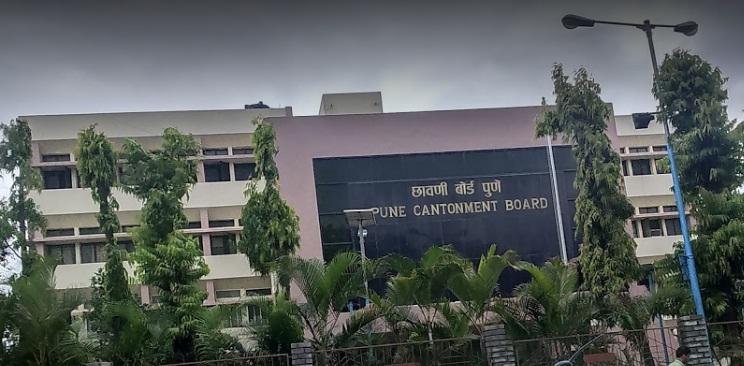Pune Cantonment Proposes Doubling FSI for Civil Areas, Final Nod Awaited

Camp, 19th April 2025: The Pune Cantonment Board (PCB) has formally proposed an increase in the Floor Space Index (FSI) for civil zones within its jurisdiction—from the current 1.0 to 2.0—a move that could pave the way for extensive redevelopment across nearly 250 acres of cantonment land.
The proposal, recently submitted to the Principal Directorate of Defence Estates (PDDE), Southern Command, awaits clearance before being forwarded to the Directorate General of Defence Estates (DGDE) in New Delhi for final approval. Principal Director C. Ravindra of the Southern Command could not be reached for comment despite multiple attempts.
The revision, if approved, could directly impact over 2,500 properties across six wards under the Pune Cantonment’s civil jurisdiction. Residents and stakeholders have long demanded an increase in FSI to enable new construction and redevelopment in the tightly regulated cantonment area.
“For years, local citizens have urged authorities to raise the FSI to accommodate growth and redevelopment,” said Sachin Mathurawala, a nominated member of the board. “At a recent board meeting attended by the PCB CEO and the General Officer Commanding (GOC) of Dakshin Maharashtra and Goa Sub Area, who heads the Local Military Authority, we unanimously cleared the proposal to double the FSI in civil pockets. This is just the beginning of the process—we now await the higher authorities’ approval.”
The Ministry of Defence had earlier asked all cantonment boards across India to draft updated building bylaws. Acting on that directive, the PCB began work on the new norms. “We collaborated with experts from the College of Engineering Pune Technical University to draft and verify the updated bylaws before forwarding them for review,” said a senior PCB official, requesting anonymity.
The proposal marks a significant policy shift and could reshape the cantonment’s development landscape if approved by the Ministry of Defence. Local stakeholders are hopeful that long-standing demands for modernization and infrastructure expansion will finally be addressed.





